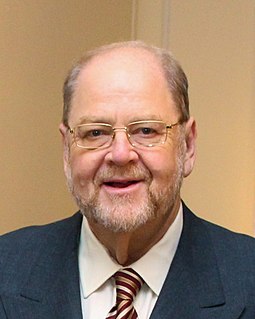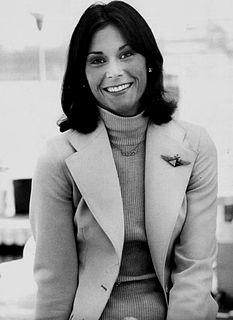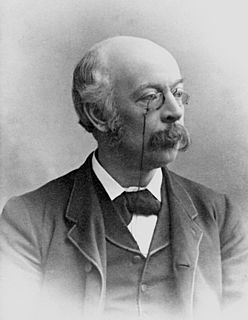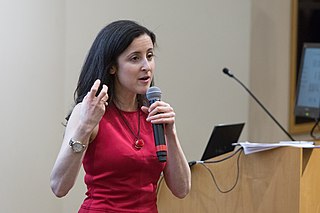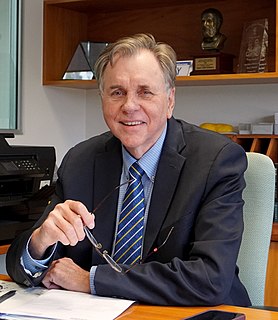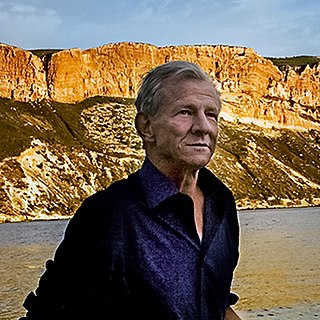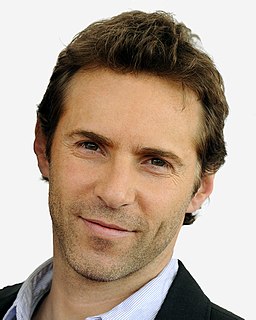A Quote by Ron Paul
I had the privilege of practicing medicine in the early '60s, before we had any government. It worked rather well, and there was nobody on the street suffering with no medical care.
Related Quotes
The great successes of the modern environmental movement in the '60s and '70s had laid the seeds of their failure in the early years of the 21st Century. They had built institutions filled with lawyers and scientists well suited to lobby policy makers who basically shared their world view. This worked well when liberals controlled the Congress and much of the federal bureaucracy, and when the politics of the time were more supportive of active government efforts to regulate the economy and clean up the environment.
My breast cancer was caught very early thanks to my doctor a wonderful woman named Elsie Giogi, who just recently passed away after practicing medicine into her 80's. At the time, she had suggested I go for a baseline mammogram before age 40 because I had fibrocystic breasts. The mammogram discovered a tiny tumor, and it was so small that they were able to take it out very easily. I had a lumpectomy. Unfortunately, they did miss a little of the cancer, and two years later I had a mastectomy. But hey, I'm here, I'm alive, and I'm going to live to be 100!
Unless we put medical freedom into the Constitution, the time will come when medicine will organize into an undercover dictatorship to restrict the art of healing to one class of Men and deny equal privileges to others; the Constitution of the Republic should make a Special privilege for medical freedoms as well as religious freedom.
I had some highlight moments in the early '60s when I used to do a lot of rubbings. I used Afta; it's an amazing chemical. If you pour it on something and rub, you get amazing results. Before that, I used lighter fluid and, well, I've always liked blood. Everybody thinks I am very sick, but the thing is, blood is better than any ink or paint.
Barry Levinson is such a deceptive director, because he seems really lackadaisical. I'd never worked with him before, and I almost got the impression that he didn't really care that much because he was so laid-back. Sometimes we'd finish filming hours before the day was over, which is just unthinkable in any other film experience I've had. I couldn't believe that Barry had the passion for it.


